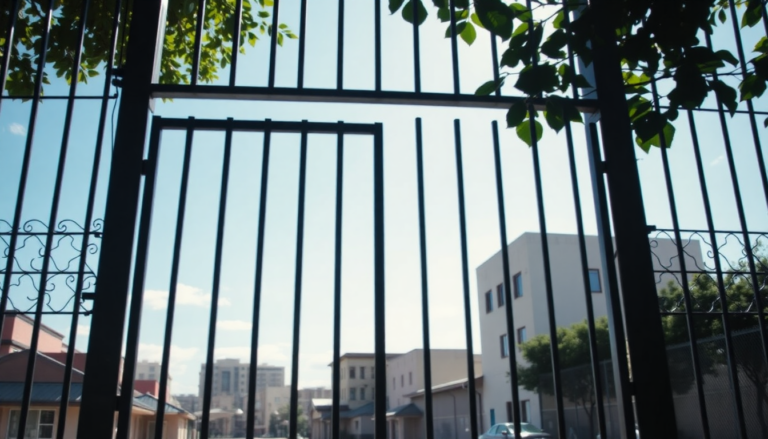Argomenti trattati
A New Beginning for Edgar Barrientos-Quintana
When Edgar Barrientos-Quintana walked out of prison last November after serving nearly 16 years for a murder he did not commit, he expressed a sense of relief and optimism. He shared with reporters, “Happy to be out here. It’s the best week. And more to come.” This moment marked a significant turning point for a man unjustly incarcerated, highlighting the stark realities faced by those wrongfully convicted. Barrientos-Quintana’s release was the result of a thorough investigation by the Minnesota attorney general’s Conviction Review Unit, which uncovered a series of failures by law enforcement and legal representatives in his case.
The Role of ‘The First 48’
Central to the inquiry into Barrientos-Quintana’s wrongful conviction was the involvement of the popular true crime reality show “The First 48.” The show is known for its premise that the likelihood of solving a murder diminishes significantly if leads are not established within the first 48 hours. This approach creates a pressing deadline that can skew the investigative process. In a detailed 180-page report, the Conviction Review Unit shed light on how the show’s influence may have contributed to investigative missteps that led to Barrientos-Quintana’s imprisonment.
Investigative Pressure and Its Consequences
Jessica Lussenhop, a reporter who examined the implications of “The First 48,” found that the show’s format may inadvertently prioritize speed over thorough investigation. Episodes often air before a trial takes place, potentially shaping public opinion and casting doubt on the presumption of innocence. While the show includes disclaimers emphasizing that everyone is innocent until proven guilty, the rapid pacing and dramatic storytelling can lead viewers to form premature judgments about the individuals featured.
Community Reactions and Concerns
Over its two-decade run, “The First 48” has faced scrutiny from various stakeholders, including prosecutors, judges, and community leaders. Many have voiced concerns about the negative impact of the show on public perception and its potential to complicate investigations. The pressure to produce engaging content can lead to hasty decisions by law enforcement, which may compromise the integrity of the investigative process.
The Complexity of Crime Coverage
While the show brings attention to often-overlooked homicides, particularly those involving marginalized communities, the question remains: at what cost? The victims of these crimes are frequently individuals from low-income backgrounds or communities of color, and their stories may otherwise go unreported. “The First 48” attempts to honor their lives by showcasing their stories, yet the accompanying rush to solve these crimes raises ethical concerns regarding the portrayal of justice.
Exploring the Impact of Reality Television
The intersection of reality TV and criminal justice is fraught with complexity. In Barrientos-Quintana’s case, the Conviction Review Unit report noted several hallmarks of wrongful conviction, including the reliance on young witnesses and the failure to follow proper investigative protocols. Notably, new evidence emerged well after the initial investigation, including surveillance footage placing Barrientos-Quintana at a grocery store shortly before the murder.
Shifting Perspectives on Guilt
Conversations with family members of the original victim reveal the emotional toll of wrongful convictions. Tina Rosebear, the half-sister of the victim, shared her initial perception of “The First 48” as a means of documenting her family’s tragedy. However, as new evidence surfaced, her feelings shifted dramatically. She now grapples with the realization that the show may have influenced the investigation’s direction and outcomes, leaving her family without closure about the true circumstances surrounding her brother’s death.
Conclusion: A Call for Reflection
As the debate surrounding the role of reality television in the criminal justice system continues, it is crucial to reflect on the implications these shows have on real lives. The case of Edgar Barrientos-Quintana serves as a poignant reminder of the potential consequences of sensationalized crime coverage. Moving forward, it is essential for law enforcement agencies, producers, and the public to engage in meaningful conversations about justice, ethics, and the responsibility that comes with portraying real-life tragedies on screen.

